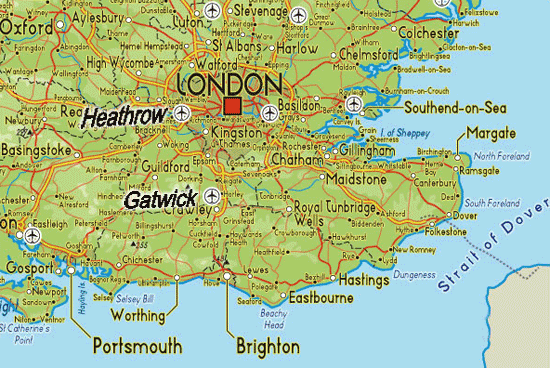This is very puzzling:
Bankers who received taxpayer money during the financial crisis are not unlike shoplifters, Chancellor George Osborne has said.
Speaking at the Bank of England, he said that at the time of the financial crisis, and in the years that followed, there were no laws in place to allow regulators and lawmakers to punish offenders in the financial services sector or bring criminal charges against them.
It's puzzling because it's flat out wrong. In evidence:
Former City trader Tom Hayes has been found guilty at a London court of rigging global Libor interest rates.
He was sentenced to 14 years in prison for conspiracy to defraud.
There's plenty of law to deal with those who have actually committed criminal offences: the proof is rather there in that definition. If it's a criminal offence then there's a law under which it can be prosecuted.
What there isn't is a law, or even a series of them, about bankrupting a bank: that would rather run against the very idea of having limited liability of course. Nor is there a law or series of them about being greedy, misled, ill-informed, over-exuberant or even plain flat out wrong. Fortunately so, for there'd be no one at all left outside chokey if that were true.
And that is what went wrong: it wasn't that the financial markets were all being run by crooks (although there were obviously some in there, as there are in any field of human endeavour) it was that the people in said markets had some incorrect beliefs about the world. And that just ain't and cannot be made into a criminal offence.
Although we think we could be persuaded on one possible change to the criminal law. Along the lines of Sir Pterry's suggestion about Antipodean Prime Ministers. Simply put them in jail the moment they are elected as everyone finds that this saves time. The possible change that we could be persuaded about being that anyone who is spendthrift to the point of shaming terminally alcoholic mariners should be jailed for life. That should sort out the retirement plans for most Chancellors of our collective lifetimes and if strictly enforced would alleviate that terrible pressure on the Lord's dining facilities. For all previous members of the Commons would find themselves with more pressing duties than taking up the ermine.
We don't exactly suggest that this should be so, rather that the more we think about it the more we think we could be persuaded into it.













